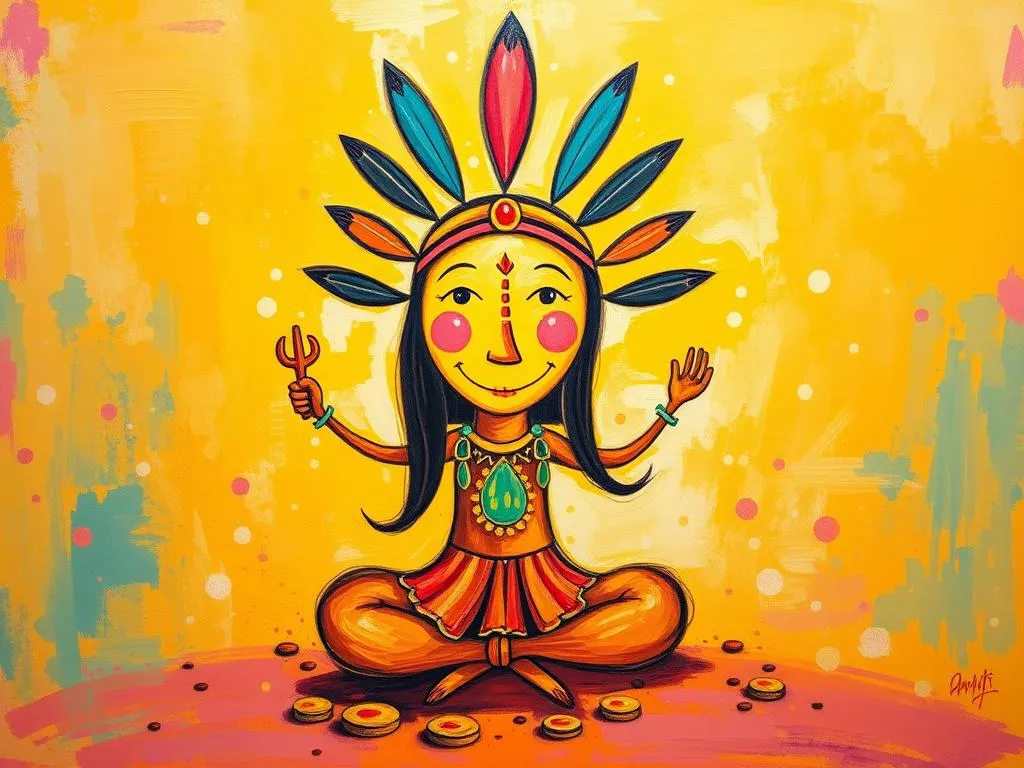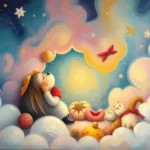
Introduction
Dreams have long been a source of fascination for humanity, bridging the gap between our waking and subconscious minds. Among the myriad of themes that emerge in the dream realm, cultural motifs often stand out, evoking rich interpretations that resonate with our personal experiences and societal contexts. One such theme that frequently surfaces is the Indian function—a vibrant celebration steeped in tradition, family, and communal bonds. This dream topic is particularly relevant as it often reflects our relationships, cultural identities, and emotional states. The imagery associated with Indian functions can evoke feelings of joy, nostalgia, or even anxiety, prompting individuals to examine their own lives and connections.
Symbolism and Meaning
When interpreting dreams about Indian functions, it’s essential to consider the various symbols that may appear, each carrying its own weight of meaning. Here are some common symbols found in these dreams and their interpretations:
-
Colorful Attire: The bright and elaborate clothing often seen in Indian functions symbolizes joy and celebration. Dreaming of wearing or seeing such attire may indicate a longing for happiness or a desire to express one’s true self.
-
Food and Feasting: Food is a central element in Indian festivities, representing abundance and community. Dreaming about lavish spreads or sharing meals suggests a need for connection with others or a desire to nourish your own spirit.
-
Dancing and Music: The presence of dance and music signifies rhythm in life. If you dream of participating in these activities, it may reflect your need for spontaneity, creativity, or emotional release.
-
Family and Friends: The gathering of loved ones is a prominent aspect of Indian functions, symbolizing support and love. Dreaming of these relationships may indicate your current feelings of belonging, or it could highlight unresolved issues within your circle.
-
Rituals and Traditions: Participation in traditional rituals points toward a connection with your heritage and roots. Such dreams can signify a need for grounding or a desire to reconnect with one’s cultural identity.
Different Perspectives
While these symbols have general meanings, their interpretations can shift based on personal experiences and emotional contexts:
-
Cultural Identity: For individuals of Indian descent, these dreams may reflect pride in their heritage or a yearning to connect with their roots. Conversely, for non-Indians, such dreams may symbolize curiosity or respect for different cultures.
-
Emotional State: The emotions felt during the dream—be it happiness, anxiety, or nostalgia—can drastically alter its meaning. A joyful dream may indicate a current phase of personal growth, while a chaotic scene may suggest unresolved conflict or stress in waking life.
Key Scenarios and Variations
Dreams involving Indian functions can manifest in various scenarios, each providing unique insights into the dreamer’s psyche. Here are some key variations and how they might change the interpretation:
-
Attending a Wedding: Dreaming of attending a wedding often symbolizes new beginnings or the merging of different aspects of oneself. It can signify personal transformation or the initiation of a new relationship.
-
Festival Celebrations: If you dream of celebrating a festival like Diwali or Holi, it may represent a desire for joy and renewal. Such dreams can indicate the need to cleanse oneself of negativity or to embrace positivity.
-
Family Gatherings: A dream centered around a family gathering may reveal underlying feelings about family dynamics. It could signify a need for support or a reflection of current tensions among family members.
-
Cultural Events: Participating in cultural events or traditional ceremonies can evoke thoughts about one’s cultural identity and belonging. This may indicate a subconscious desire to delve deeper into one’s cultural roots or to embrace diversity.
-
Conflict During the Celebration: If the dream involves conflict or chaos during a function, it may reflect internal struggles or external pressures in your waking life. Such dreams can prompt you to address lingering issues or to communicate more openly with those around you.
Real-Life Connections and Takeaways
Understanding the significance of Indian function dreams can provide valuable insights into your emotional and relational landscape. Here are some practical takeaways for readers seeking to connect these dreams to their real lives:
- Self-Reflection: Take time to reflect on the emotions you experienced during the dream. Ask yourself:
- What symbols stood out to you?
- How did you feel during the dream?
-
What aspects of your life may be reflected in this dream?
-
Cultural Exploration: If you’re intrigued by the cultural elements of your dream, consider exploring your own cultural heritage or learning about other cultures. This exploration can lead to a deeper understanding of yourself and foster a sense of connection with others.
-
Strengthening Relationships: Dreams involving family and friends may indicate a need to strengthen these bonds. Consider reaching out to loved ones, expressing your feelings, or resolving any conflicts that may have arisen.
-
Embracing Change: If your dream signifies new beginnings, consider embracing change in your waking life. This could involve pursuing new opportunities, setting goals, or letting go of old patterns that no longer serve you.
-
Finding Joy in Rituals: Incorporate rituals or celebrations into your life, whether through personal practices or community events. Engaging in activities that bring joy and connection can enhance your emotional well-being.
-
Journaling: Keep a dream journal to record your experiences. Writing down your dreams can help you recognize patterns, themes, and insights over time, leading to a richer understanding of your subconscious mind.
Encouragement for Personal Reflection
As you navigate the intricate landscape of your dreams involving Indian functions, allow yourself the space to explore the meanings behind these experiences. Consider how the symbols and scenarios relate to your own life. Reflect on the emotions you encountered and how they may mirror your waking experiences.
Ask yourself:
– What do these dreams reveal about your current emotional state?
– Are there unresolved feelings related to family, identity, or belonging?
– How can you use the insights from these dreams to foster personal growth and deeper connections with others?
By engaging with your dreams thoughtfully, you can unlock profound insights that guide you in your waking life. Embrace the journey of self-discovery that dreams offer, and let them illuminate your path forward.
In conclusion, dreams about Indian functions serve as a gateway to understanding our emotional landscapes, relationships, and cultural identities. By dissecting the symbols, scenarios, and connections to real life, we can gain clarity and inspiration from these vivid nocturnal narratives. Embrace the richness of your dreams, and allow them to inform your waking reality with depth and meaning.







